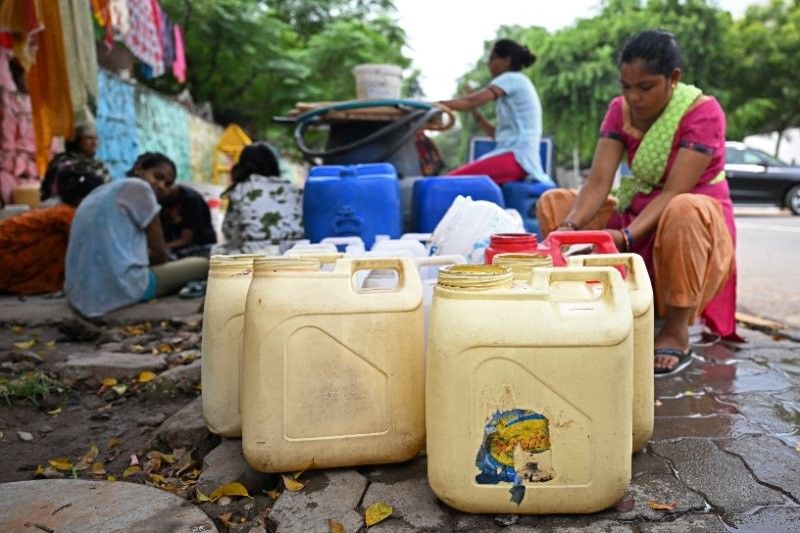Feminist approach key to just energy transition in Asia — coalition

JOHOR BAHRU, Malaysia — Adopting a feminist approach to energy transitions is crucial for ensuring that the shift to clean energy is just, and addresses historical and current gender inequalities, a network of feminist organizations across Asia said.
In a paper presented at the Asia Pacific Climate Week, the Asia Feminist Coalition stressed the need to actively redress the structural disparities in the patriarchal and extractive energy system during the transition to clean energy.
Women in developing countries have contributed the least to global emissions driving climate change. However, they are among those most affected by the climate crisis.
“Energy transition provides a critical opportunity for overcoming gender power structure. But it must involve a conscious effort to be gender transformative by overhauling the economic, social, political systems that drive gender inequality and systemic inequity as a whole,” said Ili Nadiah Dzulfakar, who chairs Klima Action Malaysia.
“Otherwise, the energy transition will just risk perpetuating the same oppressive system that thrives under fossil fuel capitalism,” she added.
Empowering women in energy
For the Asia Feminist Coalition, a just energy transition in the region should facilitate the autonomy of communities through small-scale, locally owned, and gender representative energy systems.
This is especially important for women who have been traditionally underrepresented in the energy sector, limiting the incorporation of their knowledge and needs.
Dzulfakar also pointed out that women must be up- and re-skilled to participate not only in the renewable energy sector, but also other transition pathways that are mostly dominated by men.
“Also we need to advance gender-responsive and care-sensitive policy frameworks that include care services and infrastructure,” she said.
Women in Asia and the Pacific engage over four times the amount of unpaid care work compared to men, with rural and migrant women devoting the most time to such tasks.
A feminist just energy transition should also ensure that the development of renewable energy should not harm community rights. In many cases, large-scale clean energy projects have led to land-grabbing, displacing local and indigenous populations and adversely affected marginalized communities, including women.
“The participation of women across gender spectrum and age in energy decision making must also be in the control and access to natural resources around them,” Dzulfakar said.
To achieve a just feminist transition, the Asia Feminist Network recommended building economies that reclaim the redistributive role of the state and moving away from extrativist models dependent on the hidden burdens of care and domestic work.
Women in Asia and the Pacific engage over four times the amount of unpaid care work compared to men, with rural and migrant women devoting the most time to such tasks.
Other recommendations include increasing the international climate finance for vulnerable regions in Asia, with a focus on gender equality, and pushing for debt cancellation for climate-vulnerable countries to provide fiscal space.
- Latest





























